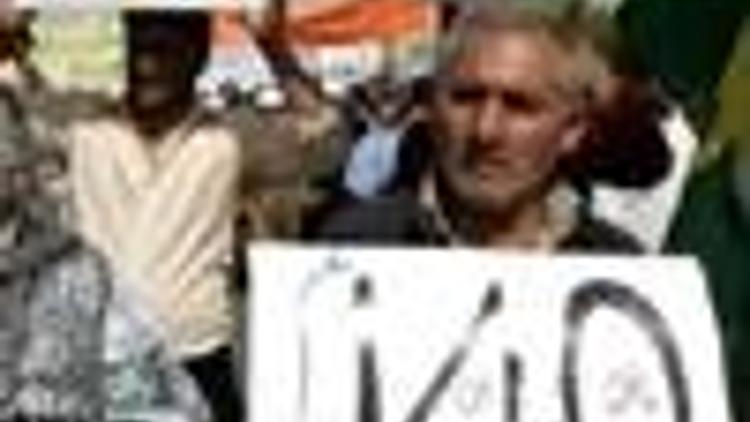U.N. hopes for "grand deal" to resolve Iraq's Kirkuk
Güncelleme Tarihi:

The United Nations will publish an analysis of territory disputes between Iraq's Kurd, Arab and Turkmen communities by October in a bid for a "grand deal" to end tension over Kirkuk, its Iraq mission chief said on Wednesday.
"We will present between September and October options for a grand deal for the disputed areas including
Twelve regions in northern
The dispute in
The United Nations in June provided a report to
The reports on seven others will be given to the council by September, Mistura said. Among the seven, four regions are in
The other disputed regions are Kifri in the Kurdish
De Mistura said the U.N. was approaching these disputes by tackling the smaller regions first in a bid to finally resolve the controversial issue of
"Its like getting to the hard core of the problem by addressing the soft areas as an example of political discussion," he told reporters at his office in Baghdad’s heavily fortified diplomatic area, the Green Zone.
This will prove that there is a "process of political give and take which applied to the easiest place" and "should in a way apply to the most difficult place which is
De Mistura said he hoped the U.N. proposals would be welcomed.
"What I am hoping is that by October the options that we will be coming up will be taken seriously, constructively by all parties," he said.
Thereafter "a political formula, compromise will be identified in order to give a peaceful and fair solution for the future of Kirkuk which then can be eventually sanctioned by a confirmatory referendum."
Photo: Reuters

